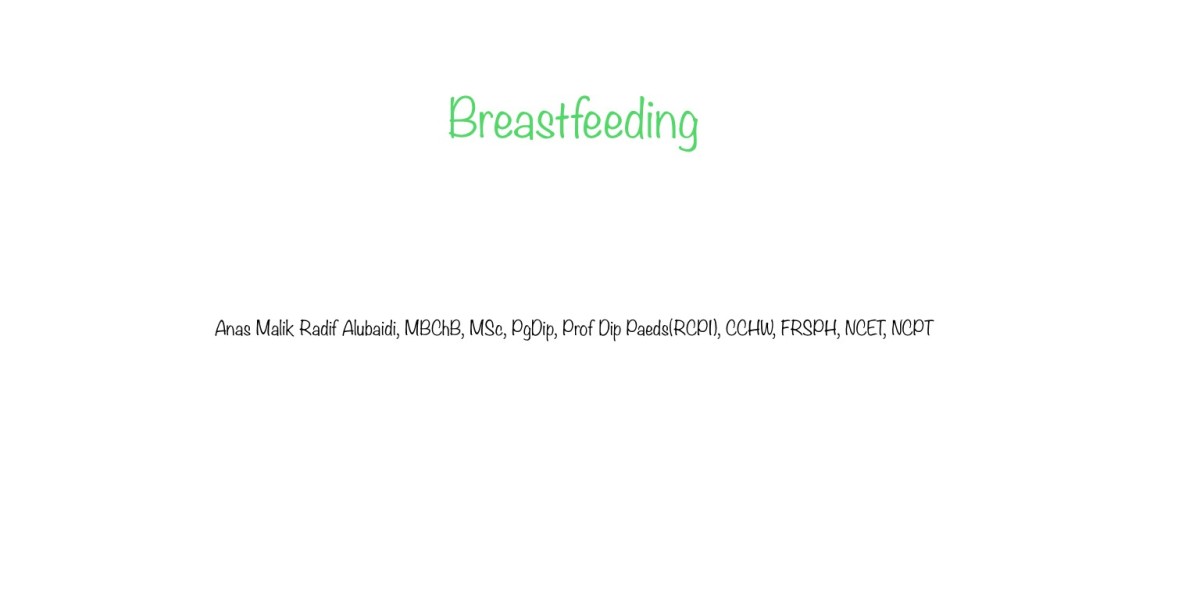Breastfeeding: In need for continuous advocacy
Abstract:
Breastfeeding is a vital practice that provides essential nutrition and health benefits to infants and mothers. It is the most natural and effective way of ensuring a child’s health and survival.
Keywords:
Breastfeeding
Benefits:
Breastfeeding offers numerous benefits for both the baby and the mother:
For the baby:
- Ideal Nutrition: Breast milk provides the perfect balance of nutrients for the baby’s growth and development (CDC, 2023).
- Antibodies: It contains antibodies that help protect the baby from infections and illnesses (CDC, 2023).
- Reduced Disease Risk: Breastfed babies have a lower risk of asthma, obesity, type 1 diabetes, and sudden infant death syndrome (SIDS) (CDC, 2023).
For the mother:
- Cancer Risk Reduction: It lowers the mother’s risk of breast and ovarian cancer (NHS, 2023).
- Chronic Disease Prevention: Breastfeeding can reduce the risk of type 2 diabetes and high blood pressure (CDC, 2023).
- Convenience: It allows mothers to feed their babies without the need for formula preparation (CDC, 2023).
The American Academy of Pediatrics recommends exclusive breastfeeding for about 6 months, followed by continued breastfeeding as complementary foods are introduced, until at least 1 year of age or longer as mutually desired by mother and child.
The Hesitation towards Breastfeeding:
According to CDC, the hesitation towards breastfeeding can stem from various concerns and challenges that mothers may face. Common reasons for hesitation include:
- Pain and Discomfort.
- Lack of Support.
- Lifestyle Constraints.
- Health Concerns.
Conclusion and Recommendations:
Breastfeeding needs to be encouraged and advocated by the providers and policymakers more and more due to the health benefits that it can provide to both infants and mothers. Per WHO, breastfeeding is the ideal food for infants because it does ensure the child’s health and survival considering that it is safe, clean, and contains antibodies that would protect the child from many common childhood illnesses (WHO, 2023). Clinically, it is challenging to convince and to encourage families to breastfeed due to many resistant factors whether social factors or educational factors or other factors. Therefore, awareness and education within communities might be required.
For instance, UK has a low breastfeeding rate compared to other parts of the world (UNICEF, 2022) although UNICEF describe the benefits of breastfeeding to include infant health, maternal health, relationship- building, world-wide benefits, and cost savings (UNICEF, 2016).
Declaration:
This work was completed in partial fulfillment of a PgDip in Family Medicine course with Learna, validated by the University of Buckingham.
References:
- Centers for Disease Control and Prevention (CDC), 7th September 2023. Breastfeeding Benefits Both Baby and Mom. [Online]. Available at: https://www.cdc.gov/nccdphp/dnpao/features/breastfeeding-benefits/index.html. Accessed on: 8th April 2024.
- NHS, 7th March 2023. Benefits of breastfeeding. [Online]. Available at: https://www.nhs.uk/conditions/baby/breastfeeding-and-bottle-feeding/breastfeeding/benefits/. Accessed on: 8th April 2024.
- WHO, 2023. Breastfeeding. [Online]. Available at: https://www.who.int/health-topics/breastfeeding#tab=tab_1. Accessed on: 20th September 2023.
- UNICEF, 2016. The benefits of breastfeeding. [online]. Available at : https://www.unicef.org.uk/babyfriendly/about/benefits-of-breastfeeding/. Accessed on: 8th April 2024.
- UNICEF, 2022. Breastfeeding in the UK. [Online]. Available at: https://www.unicef.org.uk/babyfriendly/about/breastfeeding-in-the-uk/. Accessed on: 8th April 2024.
By:
Anas Malik Radif Alubaidi, MBChB, MSc, PgDip, Prof Dip Paeds(RCPI), CCHW, FRSPH, NCET, NCPT



